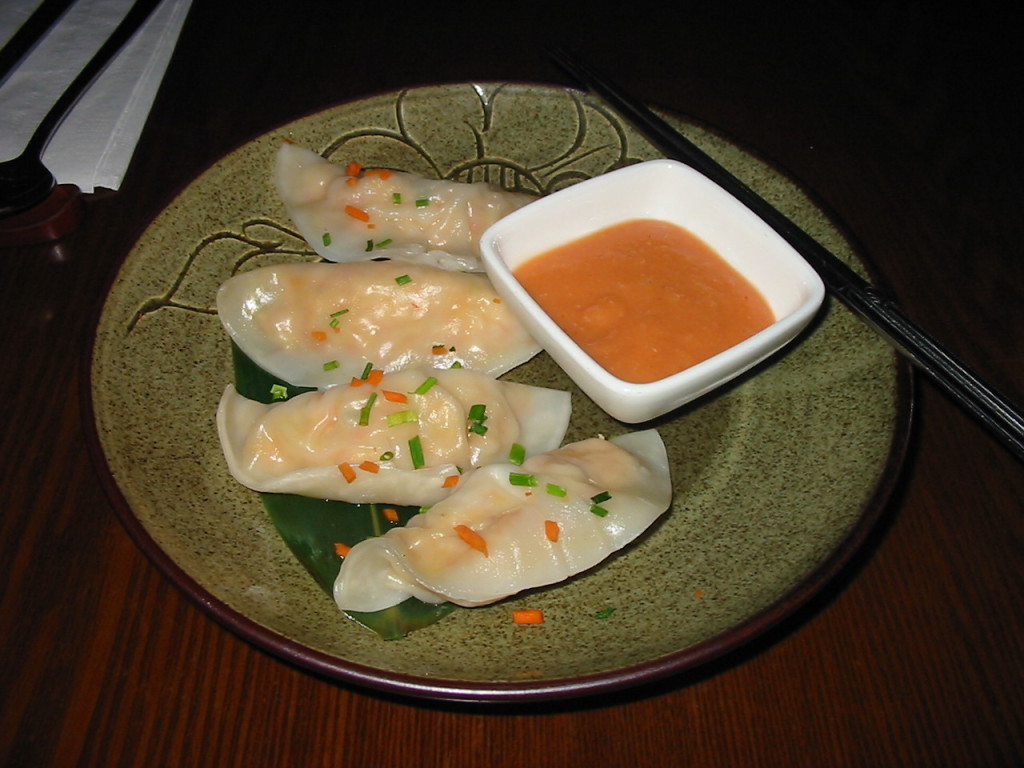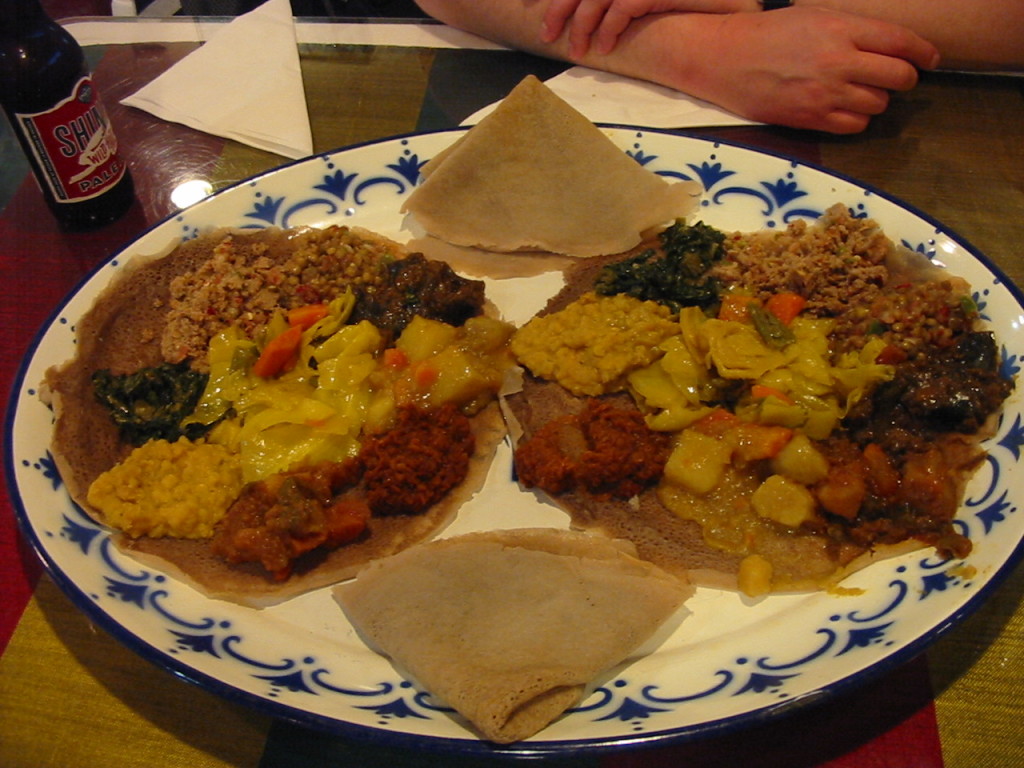
A big stumbling block to many people considering a vegan lifestyle is the fear that they will be perceived as ‘awkward,’ or ‘different.’
I guess I’m lucky. I’ve never given two sweet ones what anyone thought of me in relation to my life choices. There was a brief period in my early teens when I wanted to be like everyone else, to fit in, to wear the same clothes, to belong to a perceived ‘something,’ but it quickly passed, thank goodness.
If your motivation to go vegan is ethical, then just think back to the first abolitionists who spoke out against slavery, or the first people who fought for women’s rights. These folks would certainly have been considered ‘different’, being disruptive to the status quo as they were. Slaves had been kept for hundreds of years in the south, and women hadn’t voted since elections began. This prejudice was completely normalised. From where we are now, we can see clearly that these two discriminatory practices were wrong and hateful. Yet where would we be if abolitionists and suffragists had been afraid to be different?
Someone has to be the first to speak out. In the case of veganism – don’t even worry, you are nowhere near the first. The earliest vegan I’m aware of is Pythagoras; and Einstein, Leonardo Da Vinci, and Tolstoy followed later, among many, many other eminent names, so it’s not at all as risky as being the first abolitionist or suffragist. Most people you will encounter are used to hearing about vegetarianism at the very least, so by eliminating animal products from your diet, you will not be doing something that no-one has ever heard of.
Nothing bad happens to you if you stick your neck out and dare to be different. You don’t get struck by lightning; you don’t get excommunicated from life! Quite the opposite in fact, life becomes richer and fuller, and you begin to feel more authentically ‘you.’
What’s the absolute worst that can happen? Maybe a few people talk about you behind your back calling you ‘awkward,’ ‘weird,’ a ‘lettuce muncher’ and you will probably be thought of by some as ‘preachy’ and ‘militant’ (you’ll find, sadly, that even if you never speak about being vegan, it’s enough for some people to know that you’re vegan, to perceive you this way). You may not get invited for dinner as often as non-veg friends do. But guess what? This is all on them. This is nothing to do with you, and real friends WILL make an effort to cook for you, you’ll see!
People will not drop you as a friend because you eat differently to them. My partner is vegan, and I have one close friend that is. About half the rest of my close friends are at least sympathetic to veganism and are happy to eat at vegan restaurants with me. The other half I’m sure think I’m a lunatic, but it is honestly never an issue. They may or may not mock behind my back, but if, when we’re together, it’s all good and they treat me as they treat everyone else – who cares? What I don’t know won’t kill me.
And we are all different in so many other ways. You don’t have the same tastes in music or clothes as all your friends do you? Even if I wasn’t vegan, my friends and I still wouldn’t eat the same kinds of food – some have pretty conservative tastes while I eat food from a ton of different ethnicities. And none of my close friends share the same taste in music as me, so even if I weren’t plant-based they would probably still perceive me as different. There isn’t much I can do about that, but you should know – it really isn’t a big deal. When I think about most of my friends, what we share above all is our senses of humour – and that is more bonding than anything.
I do get that it’s sometimes scary to be different, but once you try it and live it, you’ll see that your life (and social life) really doesn’t change all that much. And the more you experience all the benefits of a vegan diet; the fact that you may be a little different to most people will matter less and less to you. Once you begin to feel good and radiate health, joy and purpose, there’s a good chance they’ll want some of what makes you different for themselves!



